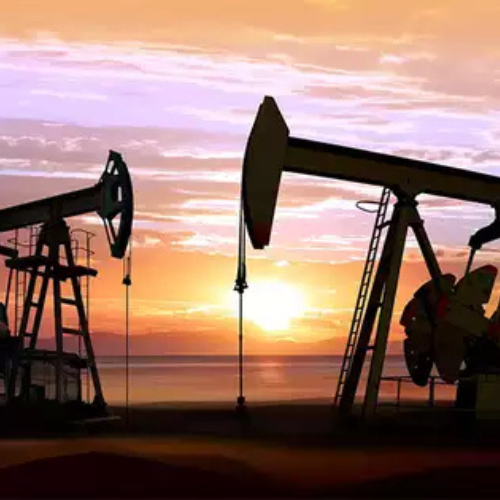A large and illegal smuggling network in Iraq is making over $1 billion every year, benefiting Iran and its allies. This secret operation has grown since Iraqi Prime Minister Mohammed Shia al-Sudani took office in 2022. It relies on Iraq’s cheap fuel prices, turning what should be a benefit for the Iraqi people into a major source of profit for others. Here’s how it works and who is involved.
How the Smuggling Works
Iraq has a policy of selling fuel oil at low prices to support local industries, like asphalt factories. These factories need heavy fuel oil, a type of fuel used for making roads. But instead of using all this fuel as intended, a huge amount—about 500,000 to 750,000 metric tons every month—is being stolen and smuggled out of the country.
This stolen fuel is secretly transported to other countries, mostly in Asia, where it is sold for a much higher price. A web of companies and people from Iraq, Iran, and nearby Gulf countries is involved in this process. They create fake paperwork, bribe officials, and use secret routes to move the fuel without being caught.
This illegal system takes advantage of Iraq’s government policies, which aim to help local businesses but instead are being misused to line the pockets of smugglers.
Iran Issues Warning Before E3 Meeting, Says Sanctions Could Lead to Nuclear Shift
Who Benefits from the Smuggling?
One of the biggest beneficiaries of this network is Iran, as well as armed groups in Iraq that are backed by Iran. These groups, sometimes called militias, are heavily involved in the smuggling operation. They control key areas and often use their power and weapons to ensure the fuel keeps flowing out of Iraq.
The money made from this smuggling is believed to fund these militias and their activities, helping them grow stronger. This makes it even harder for Iraq to control them or stop the smuggling. Iran also gains because these militias act as its allies in the region, supporting its interests.
In addition, private companies and influential individuals in Iraq are involved. These players make massive profits by working with the militias and others to keep the operation running. While they benefit, ordinary Iraqis suffer as resources meant for them are taken away.
The Risks for Iraq
This smuggling network is creating big problems for Iraq. One of the biggest risks is the possibility of U.S. sanctions. The United States has strict rules to stop money and resources from reaching Iran and its allies. If the smuggling continues, Iraqi companies and government institutions could face penalties from the U.S.
Such penalties would hurt Iraq’s economy and make it harder for the country to do business with others. Iraq is already in a tough spot, trying to balance its relationships with both the U.S. and Iran. This smuggling operation makes that balancing act even harder, drawing international attention and criticism.
At the same time, the operation steals resources from Iraq’s people. The fuel that should be used for building roads and improving infrastructure is being sold abroad for profit. This means less progress for Iraq and fewer benefits for ordinary citizens.
This billion-dollar fuel smuggling scandal shows how deeply corruption and illegal activities can hurt a country. While a few people and groups make massive profits, the cost is paid by ordinary Iraqis, who lose out on resources and opportunities meant for them.


